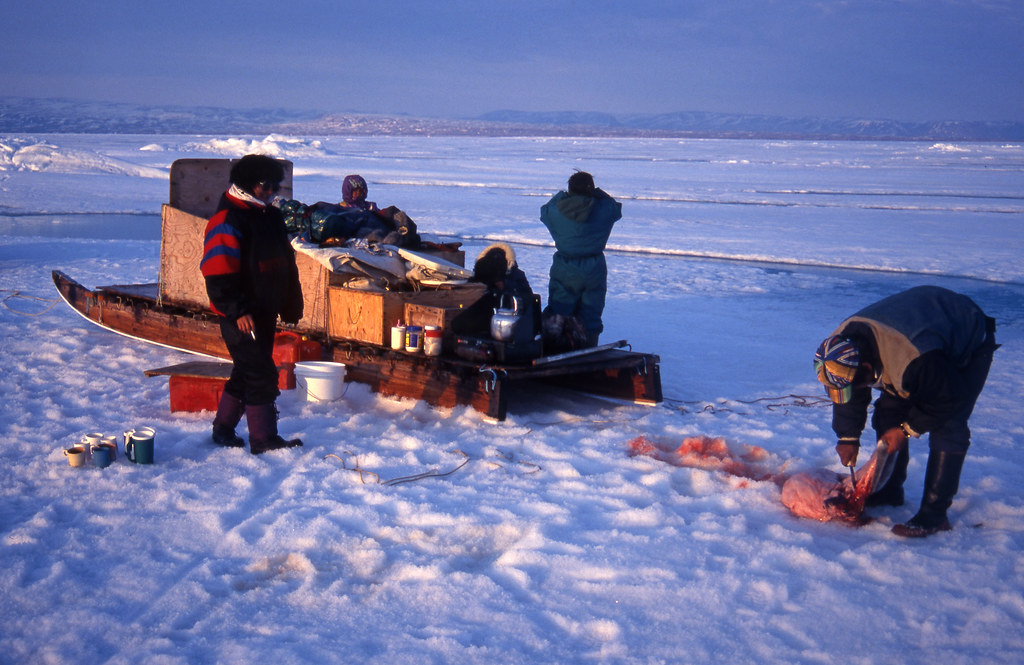Uncategorized
Food sovereignty crucial to guarantee food security in the North
By Shane Yewchyn
70 per cent of Inuk families don’t have access to nutritious and affordable meals, compared to the national average of 8 per cent, this is the highest rate of food insecurity in the country and experts say the government is to blame.
Generations of colonialism have destroyed traditional hunting practices and an increased reliance on corporations, responsible for selling groceries, have left families living in Canada’s most northern regions feeling the effects.
The price of groceries across Nunavut are on average two to three times higher than the rest of Canada, according to the Nunavut Bureau of Statistics. Celery, for example, costs around $12 on average compared to the rest of the country at $3.
Graphic by Vanessa Skiffington
Give power back to the people
According to Reg Noble, Academic Coordinator at Ryerson’s Centre for Studies in Food Security, giving power back to indegenous communities in the north, through food sovereignty, is the only way to end food insecurity.
“The Canadian Government systematically destroyed the traditional food system of the north… food insecurity didn’t exist until colonial settlers arrived,” Noble said in a phone interview. “It’s non-Indegenous people who don’t know how to manage resources”
Rachel Blais is the executive director at Qajuqturvik, a community food centre in Iqaluit that’s mission is to end food insecurity in the region and promote food sovereignty.
“We can’t ignore the fact that the food prices we’re seeing now are a direct legacy of the ongoing acts of colonialism in the north,” Blais said in a phone interview. “It’s important to talk about the fact that there was and still is a local food system in the north that has sustained the Inuit for thousands of years.”

More harm than good
The north’s food system relies on sustainable hunting and gathering of country food which is made up of fish, seal, caribou and other species, compared of the southern food system of agriculture and commercial grocery stores.
Instead of subsidising local hunters, like they do for southern farmers, the Canadian government directly subsidizes corporations for the cost of air freight through a program they set up in 2011 called Nutrition North. It’s goal is to make the price of groceries produced in the south more affordable in the north.
Critics of the program doubt its effectiveness though, according to the Nunavut Bureau of Statistics, the average price of groceries has almost doubled since its inception in 2011 leaving many community members to question why the money isnt going to local hunters instead.

